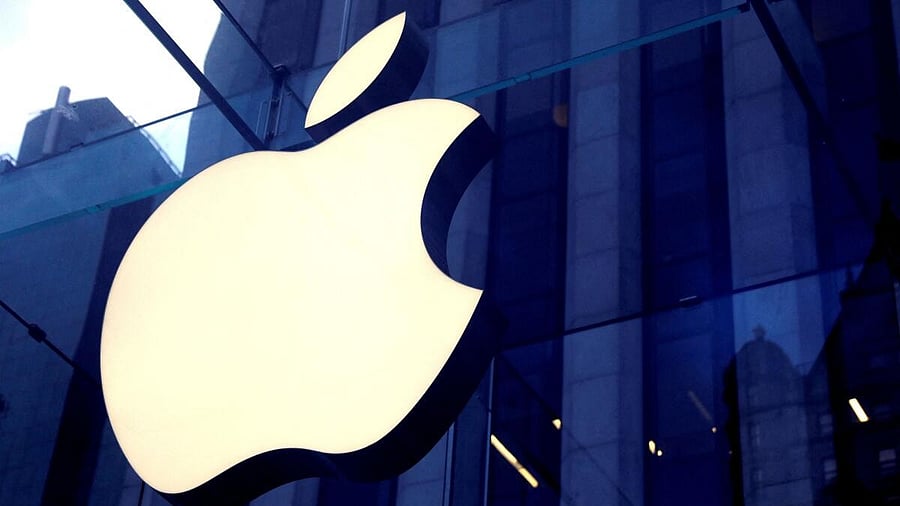
The Apple Inc. logo is seen hanging at the entrance to the Apple store on 5th Avenue in New York.
Credit: Reuters File Photo
US President Donald Trump’s announcement to put a 90-day-hold on “reciprocal tariffs” has led to a dramatic 15 per cent surge in Apple stocks.
A report by CNBC states that the stock rally propelled Apple's market capitalisation by over $400 billion, bringing it close to the $3 trillion mark, on April 9. This notably marks the highest single-day gain since 1998, back when Steve Jobs held the role of interim CEO.
If the tariffs were implemented as they were initially planned, Apple’s manufacturing facilities in India, Thailand and Vietnam would have been significantly impacted. Apple is one of the most significantly impacted tech giant by Trump’s tariffs due to its heavy reliance on imports from countries like China and India. Investor concerns stemming from this made Apple experience one of its worst trading periods since 2000.
Despite the pause on tariffs on other nations, USA’s tariffs on China, which recently ballooned to 125 per cent on Wednesday, up from 54 per cent, exposes the tech giant to losses as they still heavily rely on exports from China, where a significant portion of iPhones and other devices are produced.
Besides this, China’s imposition of 84 per cent tariffs on US products has caused Apple to be caught up in a trade war between the two nations, potentially drastically reducing Apple’s share in the Chinese mobile phone market, which is the company’s third largest sales region. This is going to further worsen after China on Friday retaliated with 125 per cent tariffs on US products.
The pause in tariffs on other nations is allowing Apple to import its products from manufacturing plants in India and some other nations at a lower rate as the tariff pause reduces tariffs on Indian goods from 26 per cent to 10 per cent and on Vietnamese goods from 46 per cent to 10 per cent.
In light of the reciprocal tariffs, Apple has airlifted five plane loads of iPhones and other products from India to the US within a three-day span during the last week of March, a high-ranking Indian official confirmed. These expedited shipments were undertaken to circumvent the reciprocal tariff imposed by the Trump administration.
